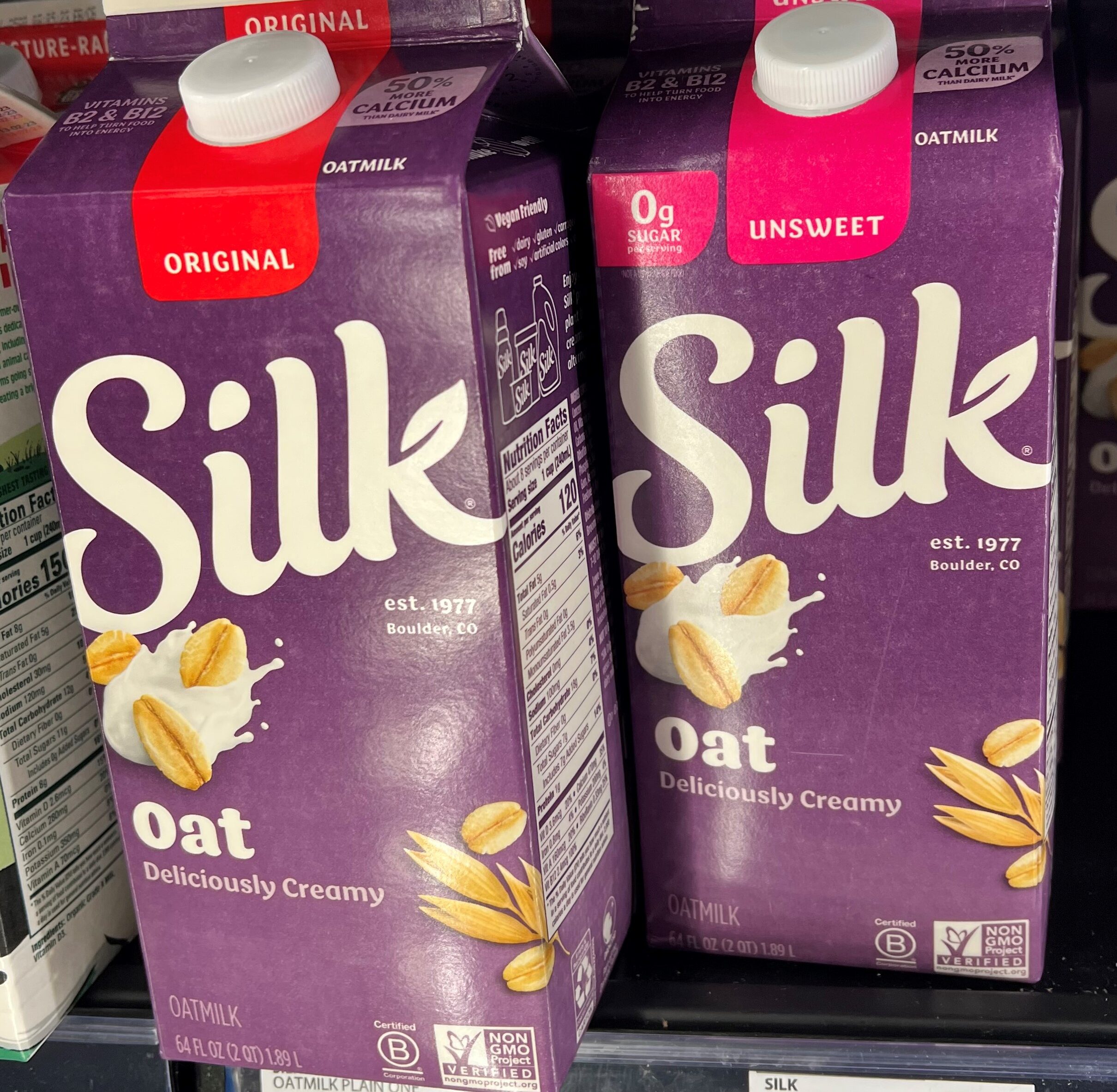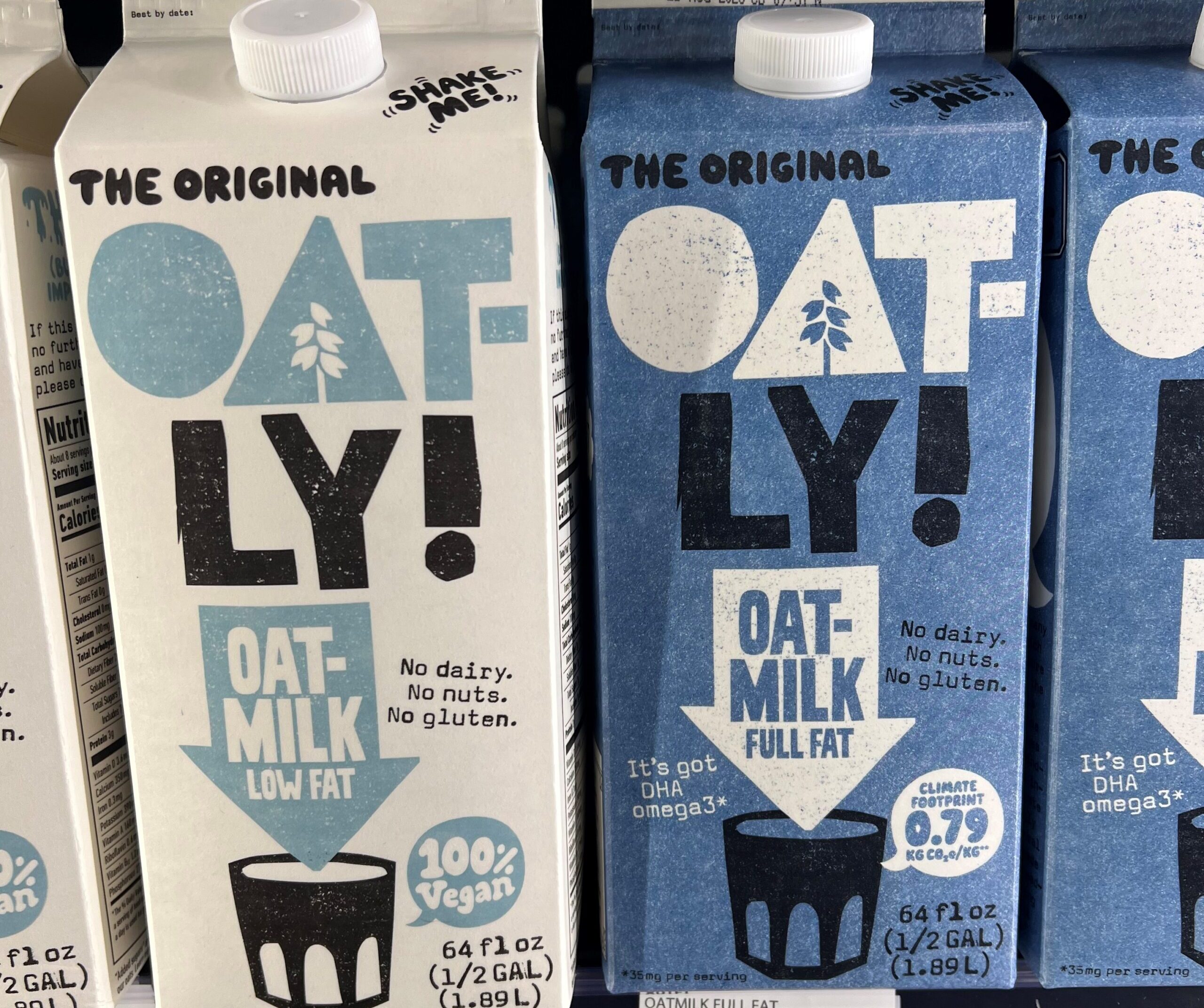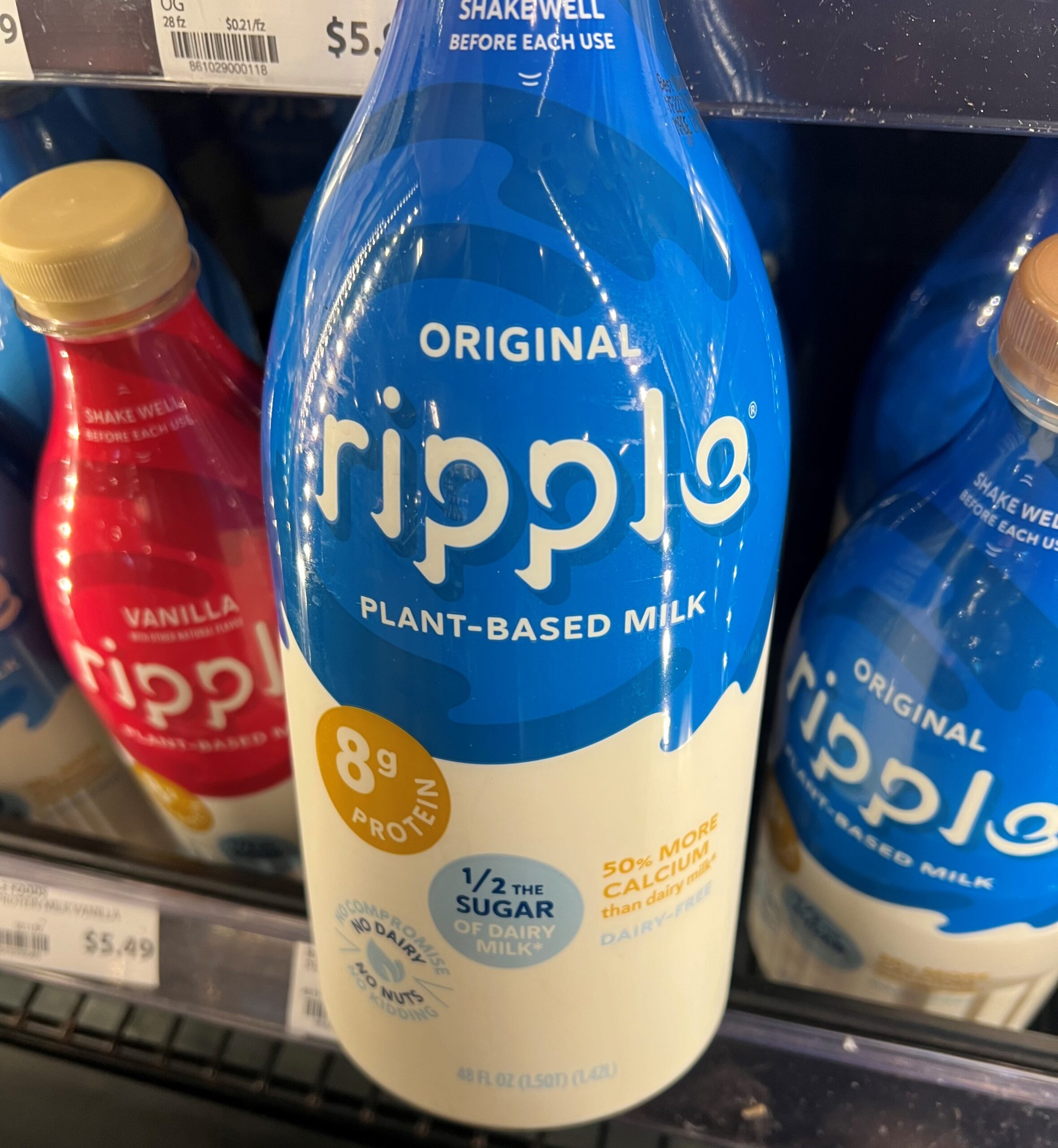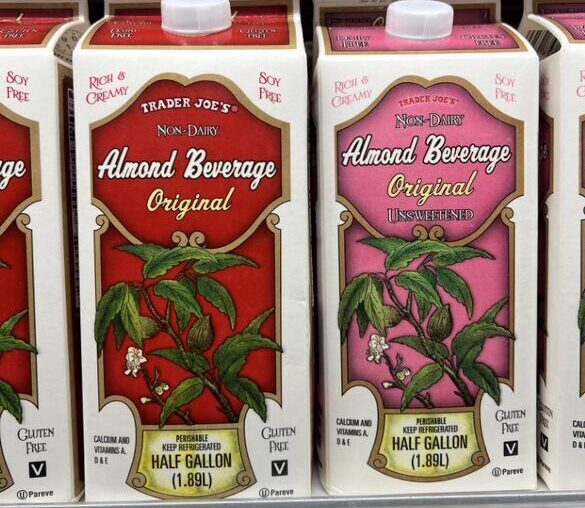- About
- Key Issues
Labor & Rural Policy
Sustainability
Animal Health
Nutrition & Food Safety
Labeling & Standards
- Programs & Resources
- Advocacy
- News
- Membership
- Events
- Stay Informed
- Contact
Dairy Defined
July marked the end of the comment period for FDA’s draft guidance on the labeling of plant-based beverages. The guidance, offered in February, is filled with flaws and still doesn’t do what FDA actually needs to do — enforce its own Standard of Identity for milk, which is clearly defined as an animal product.
But that doesn’t mean the guidance is all bad. By advising plant-based beverage-makers to add disclosures on their packaging noting their nutritional differences (read: inferiority) with true dairy milk, FDA is acknowledging an important point: That mislabeled beverages are creating confusion over the nutritional value of plant-based beverages in the marketplace. Such guidance is significant, and food manufacturers tend to follow it so as not to get on FDA’s — or a judge’s — bad side.
No final guidance has been adopted. Now that the comment period is over, FDA can create a final guidance, or do nothing. But since its advice has been public since February, we thought it was worth checking in on the State of Plant-Based Beverage Labeling, ca. summer of 2023. Has the guidance had any effect? Is there any hope for positive change? Let’s check in now, so we can check in later, as labeling evolves to however FDA, consumers and manufacturers shape it. A new era is dawning. Here’s what it looks like today.
The most common approach to dairy terms in plant-based beverages (at least the more mainstream ones that seem more interested in sales than misplaced virtue-signaling) seems to be to hedge their bets. Silk is a good example. Note the “Oat” in large letters, with a one-word “oatmilk” in small type up in the corner. This is the keep-the-getaway-car-idling-outside approach to labeling: Keep the offending term on the box to protect your options, but don’t make it essential. If FDA gave Silk a shove and said that “oatmilk” had to go, would anyone really be confused if it disappeared? No — and that alone says plenty.
Overall, Silk’s approach seems a little muddled. But in a weird way, it’s progress. They’re not there yet, but Silk seems capable of doing the right thing and stop calling their product “milk.” We’ll be the first to praise them when they do. (Assuming we notice — that’s some small type they’re using.)

Pretending that FDA never offered guidelines at all is Oatly, purveyors of “Oat-milk” (the significance of the hyphen known only to their marketing department) that’s “100% vegan.” They misuse “milk” loudly and proudly, adding cries of “No dairy,” “No nuts,” and “No gluten,” along with some carbon footprint stat that might be understandable to an environmental scientist, but hey, it sounds good — I guess we’re supposed to take their word for it.
So OK, no dairy, no nuts, and no gluten. How about the 13 essential nutrients that dairy provides? Here, Oatly goes silent. In fact, Oatly actively discourages would-be purchasers from looking at its own beverage’s Nutrition Facts panel, with a message above the facts saying, “If this side bores you, please read no further, flip the carton around and have a wonderful day.” Ignorance, apparently, is bliss at Oatly.
But we do applaud one thing: That arrow on the front makes for a powerful, easy-to-understand representation of its historical stock market performance.

Not to be outdone by Oatly, Ripple sends cynicism to new heights by only disclosing comparisons with dairy that serves its own interests, making a mockery of FDA guidance with “1/2 the sugar of dairy milk” and “50% more calcium than dairy milk” but ignoring the guidance on the 13 essential nutrients. (Silk features a similar claim, though less prominently, on its packaging as well.)
Ripple’s selective approach toward disclosure illustrates just how out of hand unchecked marketing claims have become — and why FDA shouldn’t hesitate in bringing it under control. Consumers deserve balanced information about the products they’re buying. Ripple doesn’t do that — and why should they, when they can do so without any repercussions? It’s par for the course for a company that’s set itself apart by marketing its nutritionally inferior flavored water to children.
But it doesn’t have to be that way.

No one would accuse Trader Joe’s of not knowing how to run a business. Its stock price is up about 40 percent this year. It’s arguably done more than any other business to make quality wine affordable to mass audiences, so it knows a thing or two about beverages. And somehow, it manages to sell plant-based beverages in an attractive package that never pretends to be anything it isn’t. “Non-dairy”? That’s undeniable. “Soy free”? Good to know! “Rich and creamy”? That’s subjective, but I guess if someone wanted to try, it’s their money and their taste buds.
We’ll stick with milk, thank you, but if someone decided to buy some Trader Joe’s Almond Beverage — and apparently Trader Joe’s must sell some, even though the company correctly declines to call it milk — we respect their decision. A critical thing to remember about FDA’s proposed labeling guidance is that if a company wants to avoid disclosures it would prefer not to make, all it has to do is not use a dairy term. “Beverage,” “drink,” juice,” or nothing but the name of the plant that’s the basis of the drink, all are acceptable.
The fact that Trader Joe’s does it right shows how unacceptable it is for the other beverage-makers to do it wrong. This isn’t an impossible task: If Silk eliminated its already-fine print, if Oatly got over itself, if Ripple decided to stop its petulance, the marketplace would be fairer, labeling would be clearer, and consumers would be shown more respect. So there’s hope that plant-based beverage labeling will continue to improve in the marketplace.
But FDA could make things a lot better, a lot more quickly, if it simply enforced its Standard of Identity for milk — or at the very (though still unacceptable) least, begin actively encouraging manufacturers to follow its proposed guidance. Because in most cases, transparency isn’t happening, and the current Wild West approach isn’t serving consumers.
